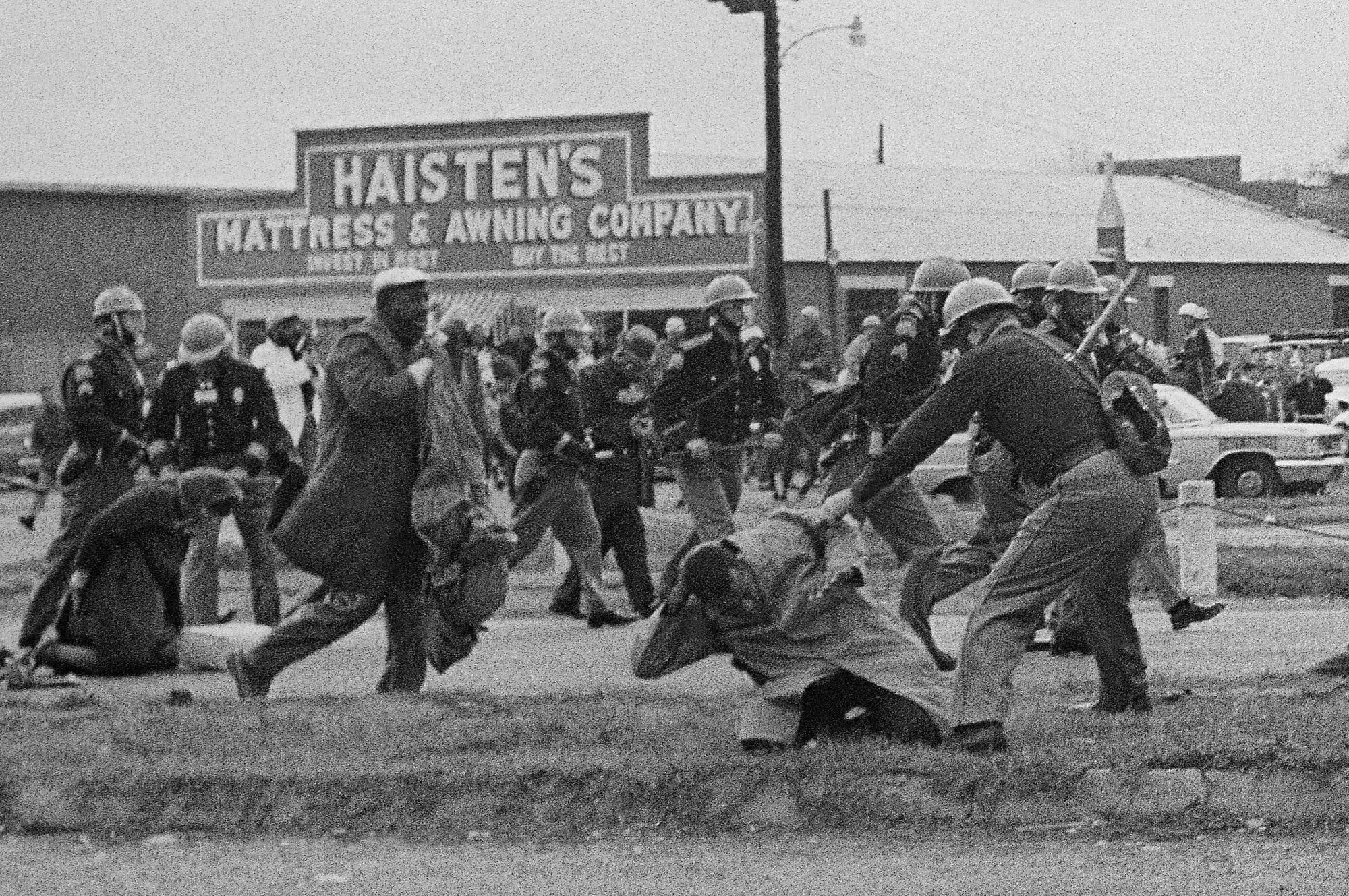
Parler CEO John Matze joins CNBC’s “Squawk on the Street” on July 2, 2020.
- Amazon is no longer providing cloud services to Parler, a social media app popular with Trump supporters.
- Amazon said Parler hosted "violent content" that violates its terms of service.
- The suspension took effect at midnight Sunday.
- It effectively takes Parler offline, unless it can find a new company to host its services.
Amazon has pulled the plug on Parler, a social media app popular with Trump supporters, in the wake of the deadly U.S. Capitol riot.
Amazon's cloud-computing unit, Amazon Web Services, informed Parler on Saturday that it will no longer provide cloud services to the company beginning on Sunday at 11:59 p.m. PT, according to an email obtained by CNBC. AWS provided cloud services to Parler that hosted its website, meaning it would go offline unless it could locate a new cloud provider.
News of Amazon's decision to drop Parler was first reported by BuzzFeed.
In the email, Amazon Web Services' Trust and Safety team told Parler chief policy officer Amy Peikoff that the platform continues to host "violent content" that violates AWS' terms of service. AWS said it wasn't satisfied with Parler's attempts to moderate content on its platform and, as a result, would move to "suspend Parler's account."
"AWS provides technology and services to customers across the political spectrum, and we continue to respect Parler's right to determine for itself what content it will allow on its site," the letter states. "However, we cannot provide services to a customer that is unable to effectively identify and remove content that encourages or incites violence against others. Because Parler cannot comply with our terms of service and poses a very real risk to public safety, we plan to suspend Parler's account effective Sunday, January 10th, at 11:59PM PST."
Although Google and Apple removed the Parler app from their app stores on Friday and Saturday, respectively, users could still log in if they already had the app installed or through the Parler website. Amazon's move to stop hosting Parler goes a step further, effectively taking it completely offline unless the company can find a new host.
U.S. & World
An Amazon spokesperson confirmed the authenticity of the letter to CNBC but declined to comment further.
AWS told Parler in the email that it had flagged 98 examples to Parler of posts that "clearly encourage and incite violence." Among the posts it reported to Parler, which were viewed by CNBC, users on the platform made violent threats directed at "liberal leaders, liberal activists #blm leaders and supporters," in addition to other groups.
Screenshots of the Parler app viewed by CNBC show users posting references to firing squads, as well as calls to bring weapons to the presidential inauguration later this month.
In an interview published a day after the riot, Parler CEO John Matze told The New York Times' Kara Swisher he didn't "feel responsible for any of this and neither should the platform, considering we're a neutral town square that just adheres to the law."
He sought to clarify his comments this weekend, saying: "In an interview this week, some believe I gave the impression that I somehow did not care whether Parler is used to incite violence. I want to set the record straight: That interpretation could not be further from the truth."
In the statement, he said the site has standards that forbid advocacy of violence and law-breaking but does not engage in user surveillance. "Evaluated objectively, our system worked as well or better than the methods used by our competitors, while adhering to our principles," he said. "And we are working to improve it every day."
Parler, which launched in 2018, has emerged as a popular platform for President Donald Trump's allies in the last year by billing itself as a free speech alternative to mainstream social media services like Twitter and Facebook.
Earlier on Saturday, a group of Amazon employees had called on the company to cut ties with Parler. In a tweet late Saturday, the group, Amazon Employees for Climate Justice, applauded the company's decision to drop Parler.
— CNBC's Marty Steinberg contributed to this report.



